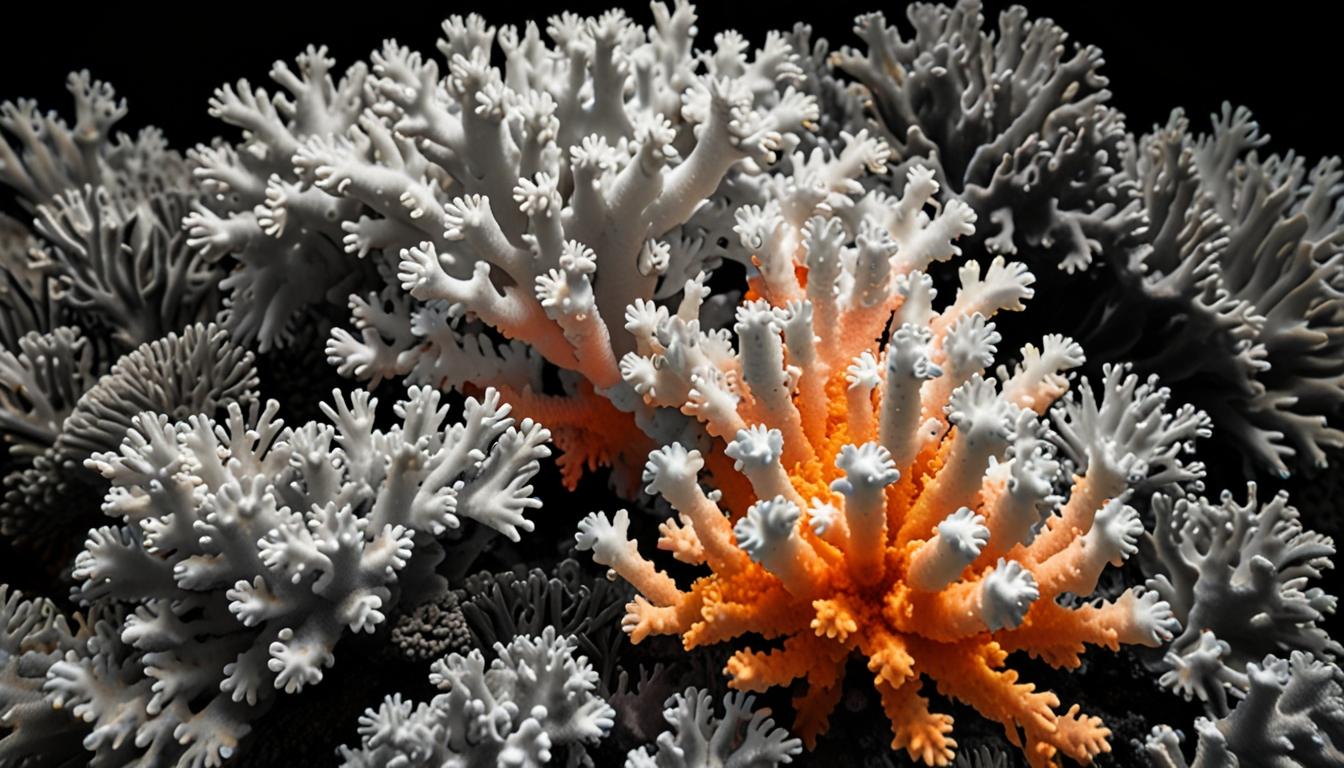Researchers have uncovered a devastating 97% coral mortality in the northern Great Barrier Reef, highlighting the impact of a severe bleaching event. The findings, derived from high-resolution drone imagery, underscore the urgent need for enhanced conservation measures and climate action.
Scientists Report Massive Coral Death in Northern Great Barrier Reef
At least 97% of corals on the North Point reef near Lizard Island in the northern Great Barrier Reef have died following a severe bleaching event. This discovery was made by a team of scientists from several institutions who utilized high-resolution drone imagery to monitor the reef.
Macquarie University marine biologist Professor Jane Williamson reported the findings, stating that the coral deaths occurred over three months. The assessment followed the collection of drone footage in March, which showed widespread bleaching, and by June, nearly all corals had perished.
The bleaching event, the fifth in the past eight years, subjected parts of the reef to extreme heat stress. Coral bleaching refers to a process where corals lose their vibrant colors and turn white, typically due to temperature changes.
Footage from this event represents the first quantitative assessment of coral mortality for this latest mass bleaching. Four experts individually evaluated each coral’s state in designated areas of the reef.
The scientists called for further studies to measure coral mortality beyond this specific reef. According to other aerial surveys, nearly one-third of the Great Barrier Reef experienced “very high” and “extreme” levels of bleaching last summer.
In response to this event, UNESCO has urged the Australian government to release coral mortality data promptly. Despite these events, Environment Minister Tanya Plibersek announced that the Great Barrier Reef would not be listed as a “world heritage site in danger.” However, UNESCO has recommended that Australia enhance its climate action and land management practices.
Dr. Lyle Vail from the Australian Museum’s Lizard Island Research Station described the findings as heartbreaking.













